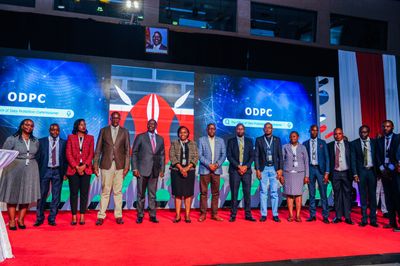Khumbudzo Ntshavheni, South Africa's Minister of Communications and Digital Technologies has submitted new revisions to the Postal Office Amendment Bill that would push state-owned enterprises to offer e-commerce and other digital-based services.
The proposed amendment to the Post Office Act by Ntshavheni broadens the agency's mandate to include e-commerce services, e-commerce logistics partners, a digital hub for businesses and communities, a designated authentication authority — a national Trust Center in the age of digital identity, and a government services hub.
Parcel delivery monopoly
In 2018, the Post Office complained to the Independent Communications Authority of South Africa (ICASA), stating that private couriers were infringing on their constitutionally protected domain of delivering objects weighing less than 1 kilogram. Reserved postal services comprise letters, postcards, printed matter, small parcels, and other postal products weighing up to and including 1kg, according to the Act.
That means things like car licensing paperwork, legal papers, tiny gadgets, and chronic medicine, which are frequently transported by private couriers, must be delivered by the Post Office, the sole licensed postal service. ICASA’s Complaints and Compliance Committee agreed with the postal service, thereby declaring that it had a legal monopoly on small parcel delivery in South Africa.
PostNet, along with Takealot and the South African Express Parcel Association (SAEPA), filed a lawsuit in court, claiming that ICASA & Post Office misinterpreted the Act. PostNet was slapped with a cease-and-desist order for breaking the Act, but was granted temporary relief in the Gauteng High Judicial pending the result of its main court case.
"South Africans need to be given the chance to engage in and expand this sector of the economy now more than ever," Takealot added.
“To do so, online businesses must be able to rely on dependable courier and delivery services to efficiently deliver across the country – regardless of shipment size."
Respondents in the lawsuit have yet to file their briefs, which means the case will most certainly be heard in 2023. The proposed legislation has a 30-day consultation period for citizens and industry stakeholders.
— By Bataung Qhotsokoane







